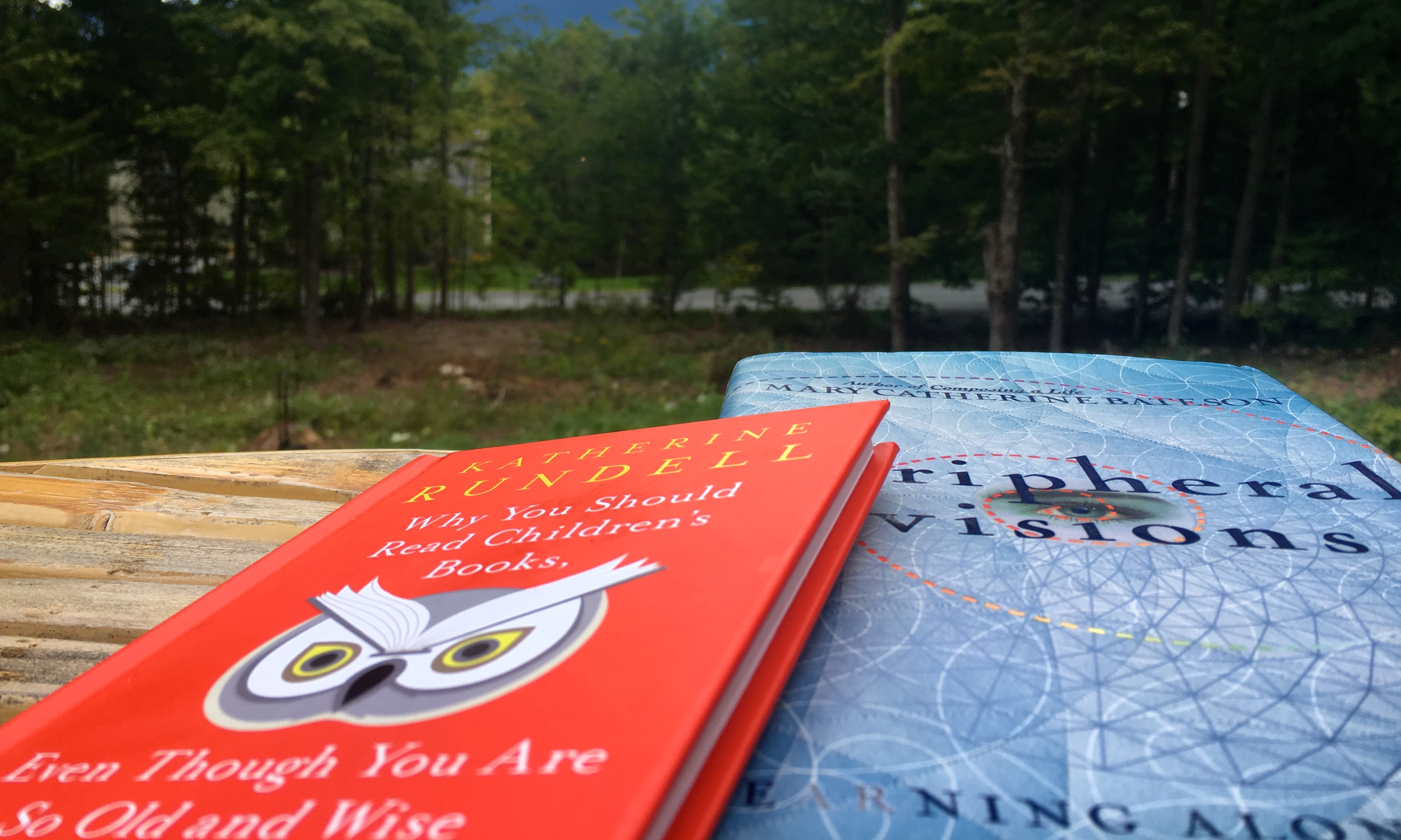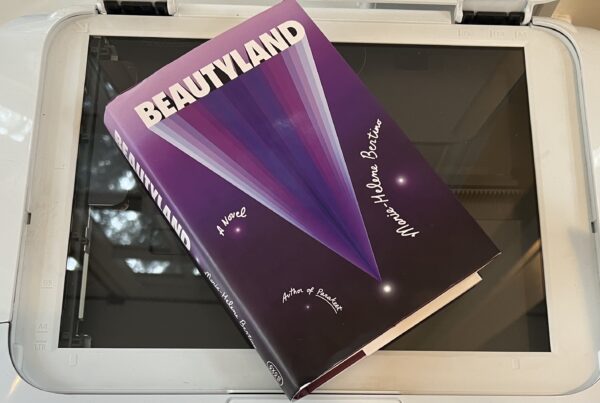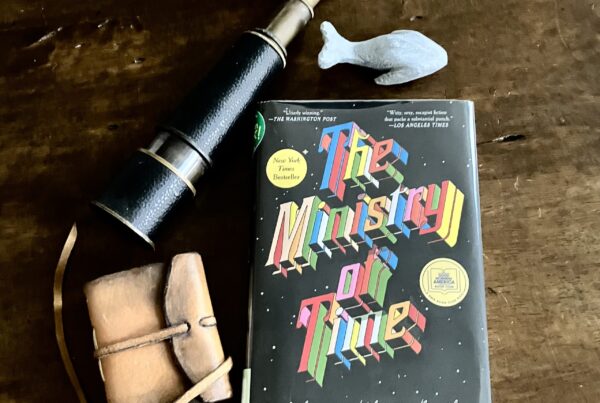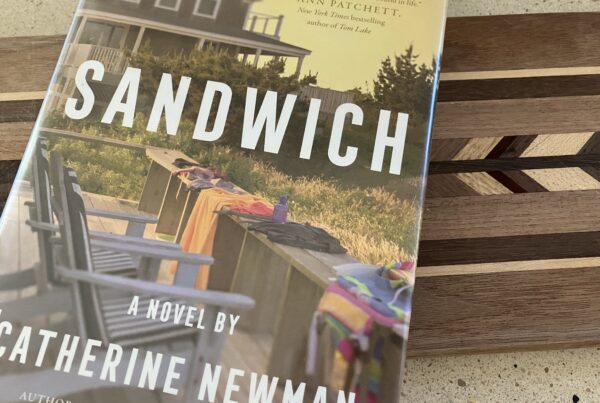Just as I was looking forward to getting back into a familiar routine, I came across two books that reminded me of the power and the benefit of doing new things and using fresh eyes to reconsider the world.
The first, Peripheral Visions by Mary Catherine Bateson, was given to me by a wise mentor. The book was published in 1994, yet feels quite current. The daughter of Margaret Mead, Bateson views the world through an anthropological lens, and her travelogue offers glimpses into cultural moments that may no longer exist. Nevertheless, her exquisite self-reflection and pitch for lifelong learning (without ever naming it as such) feel evergreen. While considering themes of multiculturalism, colonialism, and constructivist education, Bateson’s memoir beautifully and cogently describes how the author’s travels deepened her understanding of child development, the multiple meanings in any interaction, and the patterns of daily life.
As an educator, I was struck by this sentence, which may be the most beautiful description of teaching I have ever read: “What I tried to do that day, stringing together elements of previous knowledge, attending to catch every possible cue, and exploring different translations of the familiar was to improvise responsibly and with love.” Bateson’s use of language alone makes Peripheral Visions a worthwhile read.
The second book that inspired me to appreciate seeing things with fresh eyes this summer was Why You Should Read Children’s Books, Even Though You Are So Old and Wise. This book by Katherine Rundell celebrates the enduring and evolving wisdom of children’s books. Writing of the tendency of adult readers to disregard children’s literature, Rundell notes, “I would say we do so at our own peril, for we discard in adulthood a casket of wonders which, read with an adult eye, have a very different alchemy in them.”
Books have the capacity to create gold, and I love Rundell’s appreciation for the variations of gold that children’s books generate. Her premise that attending closely and being open to the surprise and delight of children’s books mirrors Bateson’s notion that our worlds can be enlarged through experience and meta-cognition. These are both glorious books which remind me of the delight in thinking about thinking. When we pay close attention we can find fresh wisdom in the familiar; in revisiting places and routines and books we gain access to deeper levels of seeing and understanding insights that could not be gleaned head-on the first time around. I gladly received and read these invitations to remain attuned amidst the hubbub of the new school year.




